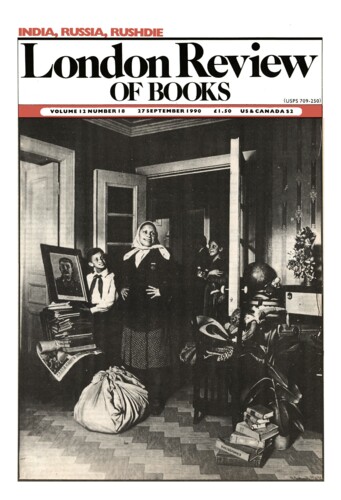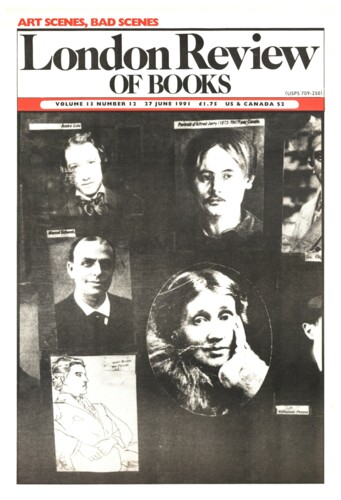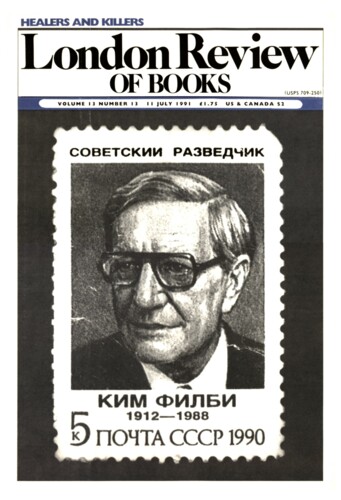On the Stambul Train
Basil Davidson, 28 June 1990
If the sovereign nation-state is truly nearing the end of its useful life, as political philosophers here in Western Europe now seem ready to persuade us, so that regional unities of one kind of another may replace it to the general good, the tendency looks far more problematical further east. Resounding nationalism, or rather nation-statism, the two being by no means necessarily the same thing, is what presently appears to reign from Lithuania to the Black Sea or further east again, and from Slovenia to Albania by way of a newly abrasive ‘Serbianism’. The Bluntschlis of the 1990s, romantic or otherwise, may even now be sharpening their sabres, or at any rate their wits, at the prospect of another bout of Balkan wars. The traveller on the Stambul train will expect adventures. It may be so.





